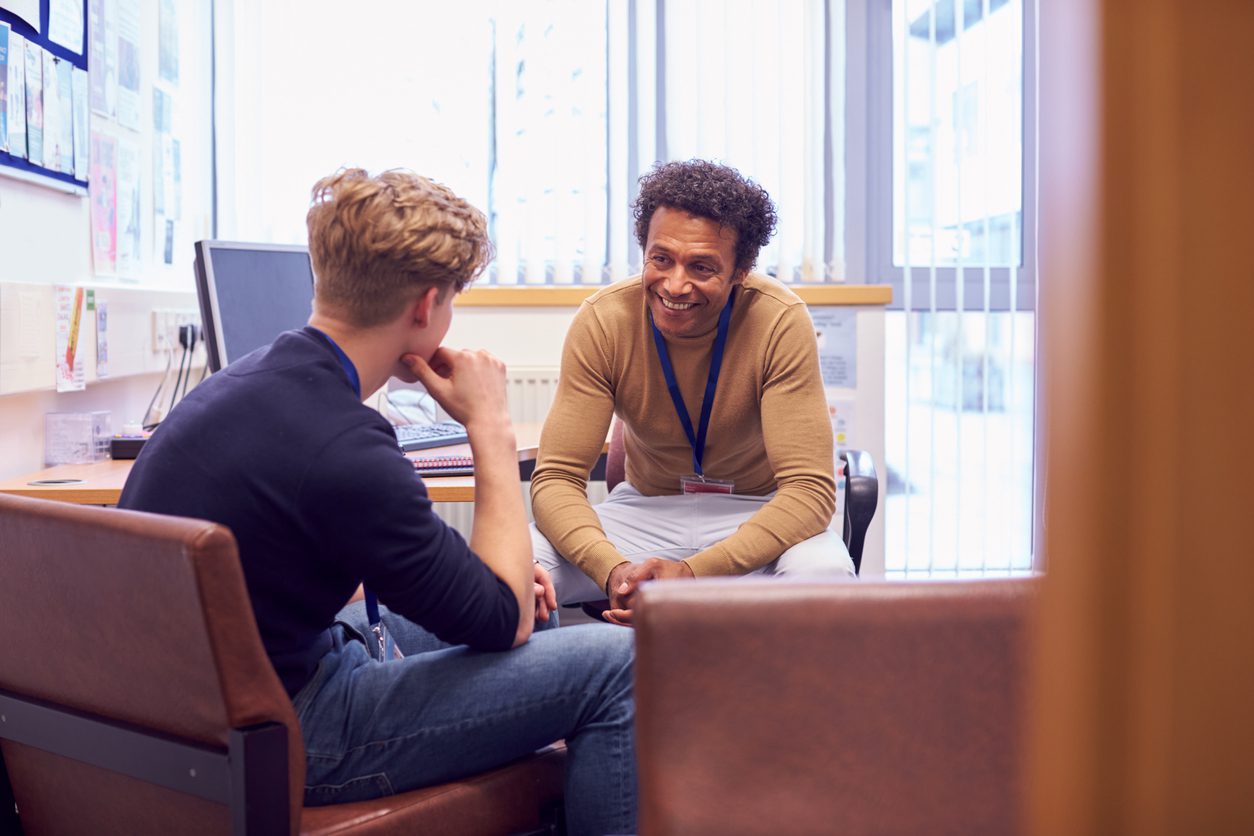Whatever and wherever you’re studying, work experience or work placements are two of the most valuable things you can do during university. Whether they’re a compulsory part of your degree or not, they’re certainly worth adding to your CV.
With the right mindset, work experience can be a real opportunity for you while studying, providing plenty of valuable skills to prepare you for the working world. From making contacts and accruing on-the-job knowledge, taking the right approach ensures you’ll be doing more than just making cups of tea for the rest of the office.
So, what can you do to make sure you get the most from your work experience opportunities? To help you prepare, we’ve come up with some top tips and pointers below.
How to find work experience placements while at university
If your course includes a work placement, generally the organisation you’ll be placed in is simply allocated to you.
However, if this isn’t the case, then you’ll have to arrange your own placement or work experience. The best place to start would be your university careers service. They’ll have a massive database of employer and alumni contacts, while career advisers will also be able to guide you through the application process.
Keep an eye out for work experience fairs too. Here you’ll be able to touch base with employers, discuss things in more detail with them, and be able to search for placements online afterwards. And if you like the look of an organisation, then don’t be afraid to reach out to these employers speculatively to arrange work placements that way.
Whenever you’re arranging a work placement, ask for the terms to be agreed in writing beforehand, since placements aren’t covered by employment legislation. Always seek further advice from your careers service if you have any doubt about an organisation or their activities.
And remember, there are still plenty of things you can do to strengthen your skills while the pandemic’s going on and you’re struggling to arrange a placement. Be on the lookout for virtual work experience, give online volunteering a go, or apply for temporary/part-time roles, as these can really help strengthen your skillset before graduating too.
How to prepare for your work experience placements
Do your research
Once you’ve secured your work experience or placement, you might be tempted to put your feet up. After all, now you’ve been accepted, surely all the hard work’s been done, right?
Well, not quite. Even if you think you know the industry (and especially if you don’t) then you should do some research in the lead up to your first day either way.
Take some time to reach out to the company beforehand, research their standards and values or read online reviews from previous employees. The more knowledge you have going into the placement, the better!
When you can get a feel for the work everyone around you is doing, you’ll be able to learn from them and see which parts of the job most appeal to you. By expressing an interest in certain areas and asking the right questions, you’ll be more likely to get your teeth into the juicy stuff rather than things that are more on the mundane side.
Know what’s expected of you
Part of your research involves understanding what is expected from you once the placement starts. This may be something as simple as the dress code and time-off policy, or it might be something more specific, such as what tasks you’ll complete or how much your role helps the organisation reach its business goals. Whatever is expected of you, your colleagues will appreciate that you’ve taken the time to investigate these issues beforehand.
Set up an online presence
Before your placement begins, create a professional-looking LinkedIn presence. Recruiters and employers like to search candidates to see if they can do more than just talk the talk. If you can back up your credentials with prior experience, then make sure potential employers can see you’re a good fit for their company. Plus, you’ll be able to expand your network by connecting with all your future colleagues once you’re there.
Also, it’s probably worth setting all your social media accounts to private – or at least getting rid of some of the less “professional”-looking pictures and statuses you might have posted during your time at university.
For more advice on sprucing up your social media presence, check out our blog on improving your LinkedIn profile here.
Get some sleep
When you’re working 9 to 5, the days of late nights and rolling out of bed minutes before lectures are unfortunately a thing of the past. Getting into work each morning bright and early means you’ll have to get into the habit of sleeping properly for the duration of the placement.
At least 7 or 8 hours of sleep each night should give you plenty of rest to recharge your batteries. If you’re struggling to get those Zs, then try good sleep hygiene practices like light yoga stretches before bed, reading a book and limiting your time in front of your phone’s screen.
How to get the most from your work experience placements
Make a good first impression
You knew this was coming, but first impressions really do count. Start things off on the right foot by showing up to your first day on time and dressed for the occasion (if in doubt, go with the smarter option).
Get to know people
It might be difficult to keep up with all the new faces you’ll meet, but be sure to introduce yourself and get to know your colleagues. They’ll appreciate your friendliness, and chatting to them is an easy means of learning a few extra tips and insider insights too.
Ask about their roles and how they got to their current positions. The majority of people will be happy to stop and talk, and it’s a great way to understand different career paths within the industry. And don’t forget, it’s not what you know but who you know: the people you meet here could come in handy later down the line, so do your best to get to know them!
Keep a notebook handy
With all the instructions, meetings, dates and deadlines coming your way, you’ll definitely be needing a notebook. Placements are a great way of getting to know the ropes, but you won’t be holding someone’s hand the whole time. Interns are expected to be organised and ready, so never underestimate the power of the humble notebook while you’re there.
Ask questions
It might feel like your frequent question-asking seems more like nagging, but don’t be afraid to ask for clarification whenever you aren’t sure about something. Most employers will be glad you’ve asked, and they’re typically more than willing to spread a bit of extra knowledge around anyway.
With that said, if your question is easily answerable with a quick Google search, head there first and tackle the problem yourself before asking your colleagues.
Offer to help
There’s a chance your schedule will look a little light on certain days of your placement. And as tempting as it is to take it easy, you’re here to make the most of your time. Whenever you aren’t busy, inquire about how their current projects are going and ask if they need any help with them.
Getting stuck in like this provides you with more experiences and opportunities to get to grips with the company’s operations, so make sure you’re using your free time wisely whenever you can.
Ask for feedback
Instead of waiting until the end of your placement for it, ask for feedback from your supervisor as you’re working your way through. That way, you can improve your approach during your time there.
Supervisors will also give you a brief appraisal at the end of your placement too; be sure to listen closely to what they’re saying so you can learn from their words. Take the time to reflect on what they’ve said and how you feel about your time with the company, too. What you’ve learned at the end of your work experience is important. If you think you’ve found your calling, then that’s great!
But if the experience wasn’t what you hoped for then, remember, it’s still been a valuable opportunity. Use any negative elements as a way of identifying what you don’t want to do in the future. Work experience is a journey and not a destination, after all, so don’t be disheartened if things didn’t go to plan. Finding a path that’s right for you takes time, and the work you put in at this stage will definitely help at a later date.
Click here for the latest news and features from SEFE Marketing & Trading or visit our homepage to find out about our latest career opportunities.
The views, opinions and positions expressed within this article are those of our third-party content providers alone and do not represent those of SEFE Marketing & Trading. The accuracy, completeness and validity of any statements made within this article are not guaranteed. SEFE Marketing & Trading accepts no liability for any errors, omissions or representations.














